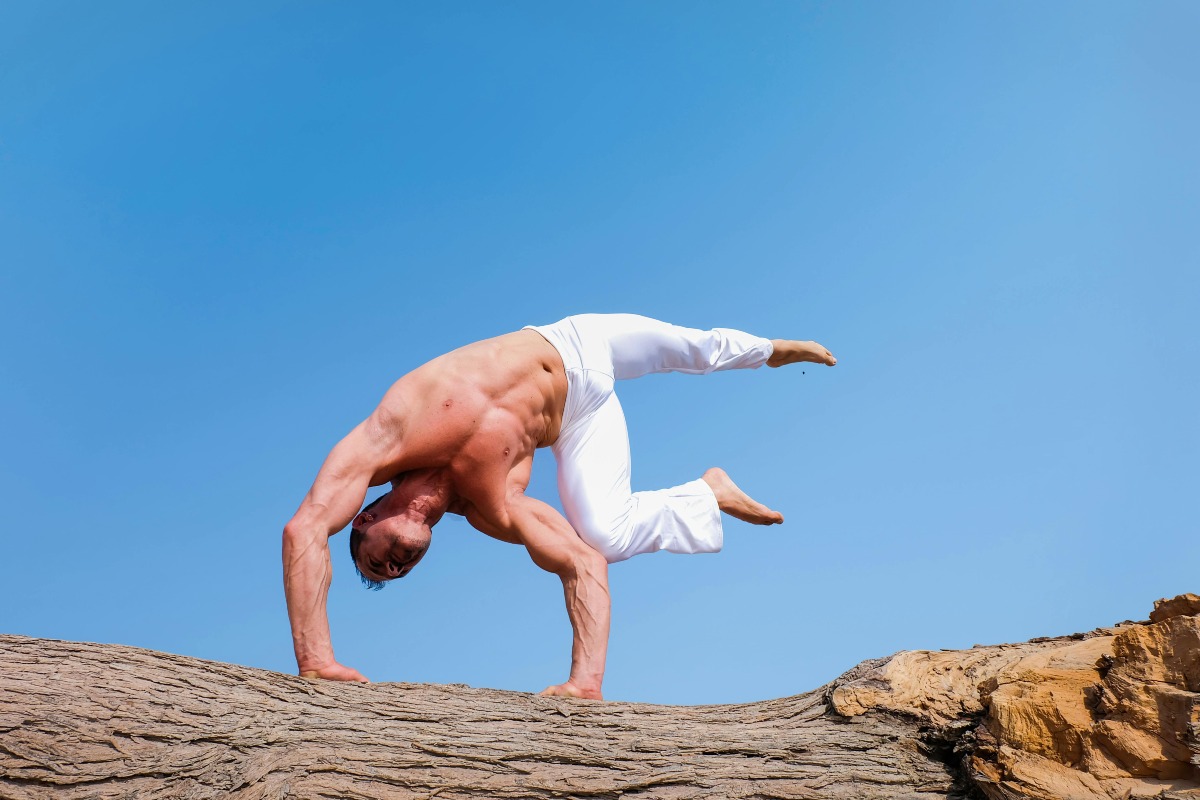How Does Practicing Yoga Help One Overcome Generalized Anxiety Disorder?
Living with unmanaged anxiety can feel daunting. If the mental health condition is left unmanaged, it can negatively impair many different aspects of an individual’s life. Therefore, it is essential for one to seek professional support for proper management. Not everyone likes the idea of treating anxiety solely with basic “talk therapy” or taking prescription medications. Breaking down complementary, holistic services can enhance one’s path to recovery. For example, practicing yoga at Restoration Recovery can significantly reduce an individual’s symptoms and help one overcome the effects of generalized anxiety disorder (GAD).
What Is Generalized Anxiety Disorder?
According to the National Institute of Mental Health (NIMH), generalized anxiety disorder can be defined as a mental health condition that causes persistent feelings of dread and anxiety. These feelings can negatively interfere with one’s daily life. GAD is not the same as worrying about daily stressors on occasion. Individuals with this type of anxiety disorder diagnosis can experience anxiety symptoms anywhere from a few months to several years. GAD can develop gradually over time. Although the onset of the psychiatric disorder can develop in one’s childhood, an individual may notice warning signs in their thirties.
Practicing Yoga: How Does Living With Generalized Anxiety Disorder Feel?
Living with GAD can feel different for everyone. There is no direct cause of it, but trauma and intense life stressors can put one at risk of developing a mental health condition. GAD can commonly make one feel intense worry and fear. It is common for one with generalized anxiety to fixate on their health, relationships, finances, work, and academics. Not everyone experiences the same symptoms, but common warning signs of GAD include having:
- Problems controlling feelings of nervousness
- Trouble relaxing due to feelings of restlessness
- Difficulty concentrating in conversation or during daily tasks
- A disrupted sleep cycle
- Intense fatigue a majority of the time
- Migraines, stomachaches, muscle pains, or unexplained pains
- Difficulty swallowing
- Frequent bathroom trips
Practicing Yoga: Holistic Care vs. Traditional Medicine
Although, in some cases, traditional medicine can be beneficial, not everyone feels comfortable taking prescription medications. Fortunately, holistic care can help. Holistic care can be defined as a comprehensive approach to care that addresses the person as a whole. For example, holistic care targets an individual’s physical, social, spiritual, and emotional needs to promote overall wellness. In mild cases of GAD, holistic treatment can be a great alternative to care. However, holistic treatment options should never replace traditional medicine; instead, they can complement other forms of care.
Practicing Yoga: What Is Yoga?
Participating in yoga can be a great way to decompress from daily stressors. One can attend a yoga class with multiple individuals or engage in yoga practices alone. Yoga is an ancient practice that can be done in any relaxed setting – indoors or outdoors in a scenic environment. There are several different types of yoga. Different forms of yoga incorporate breathwork exercises, physical postures, mindfulness, and meditative techniques to improve one’s cognitive and physical health.
Practicing Yoga: The Value of Participating in Yoga for Generalized Anxiety Disorder
According to the IJOY International Journal of Yoga, yoga is a well-known approach to improving mental health. Therapeutic yoga works to reduce emotional, physiological, and spiritual pain that can result from mental suffering or mobility limitations. Studies have highlighted that different yoga practices also improve muscular strength, body flexibility, and respiratory and cardiovascular health. Good physical health improves one’s mental health. Yoga, in general, enhances one’s ability to function and promotes long-term recovery from addiction, anxiety, and depression. Ongoing participation in yoga may improve one’s sleep patterns and overall well-being to gain mental stability for a better future.
Practicing Yoga With Other Forms of Care at Restoration Recovery to Ensure a Lasting Recovery
Yoga alone can be effective in reducing the symptoms of GAD but may not be enough to assist one in staying on track for ongoing mental stability. Some individuals find greater benefit through developing an individualized treatment plan with an expert care specialist at a facility such as Restoration Recovery. A specialist may ask about one’s medical history, strengths, weaknesses, goals, and interests to better tailor their services to the individual’s needs. Doing so can increase treatment satisfaction and promote a stronger recovery.
Our team of professionals provides several treatment modalities to individuals who are seeking additional care. For those with a severe case of GAD, it may help to consider combining different programs with yoga at Restoration Recovery, including:
- Inpatient rehab
- Outpatient treatment
- Intensive outpatient program
- Partial hospitalization program
- Continuing care
Combining Different Therapy Options With Yoga at Restoration Recovery
What works for one person with GAD may not work for another. No one person heals at the same rate. Everyone’s path to recovery pans out differently. Depending on the program chosen, clients can participate in holistic yoga alongside different psychotherapies to receive dual support. Everyone deserves to heal. Different types of therapies that are effective in targeting the root cause of GAD include:
- Trauma therapy
- Individual therapy
- Group therapy
- Equine therapy
- Christian rehab
- Cognitive-behavioral therapy (CBT)
- Dialectical behavior therapy (DBT)
At our California Recovery Center, our serene setting helps clients achieve not just wellness, but wholeness. Our mission is to help people struggling with substance use disorder, a mental health disorder, or dual diagnosis disorders to achieve long-term sobriety by offering treatment options that heal the mind, body, and spirit. Our vision is to provide quality treatment in a therapeutic clinical setting, striving to offer assistance in the addiction epidemic. You can expect to have your mind, body, and spirit integrated into addiction treatment. You can partake in holistic services at Restoration Recovery Center’s variety of programs. Call Restoration Recovery today at (888) 290-0925 to get more information on our holistic treatment options.






